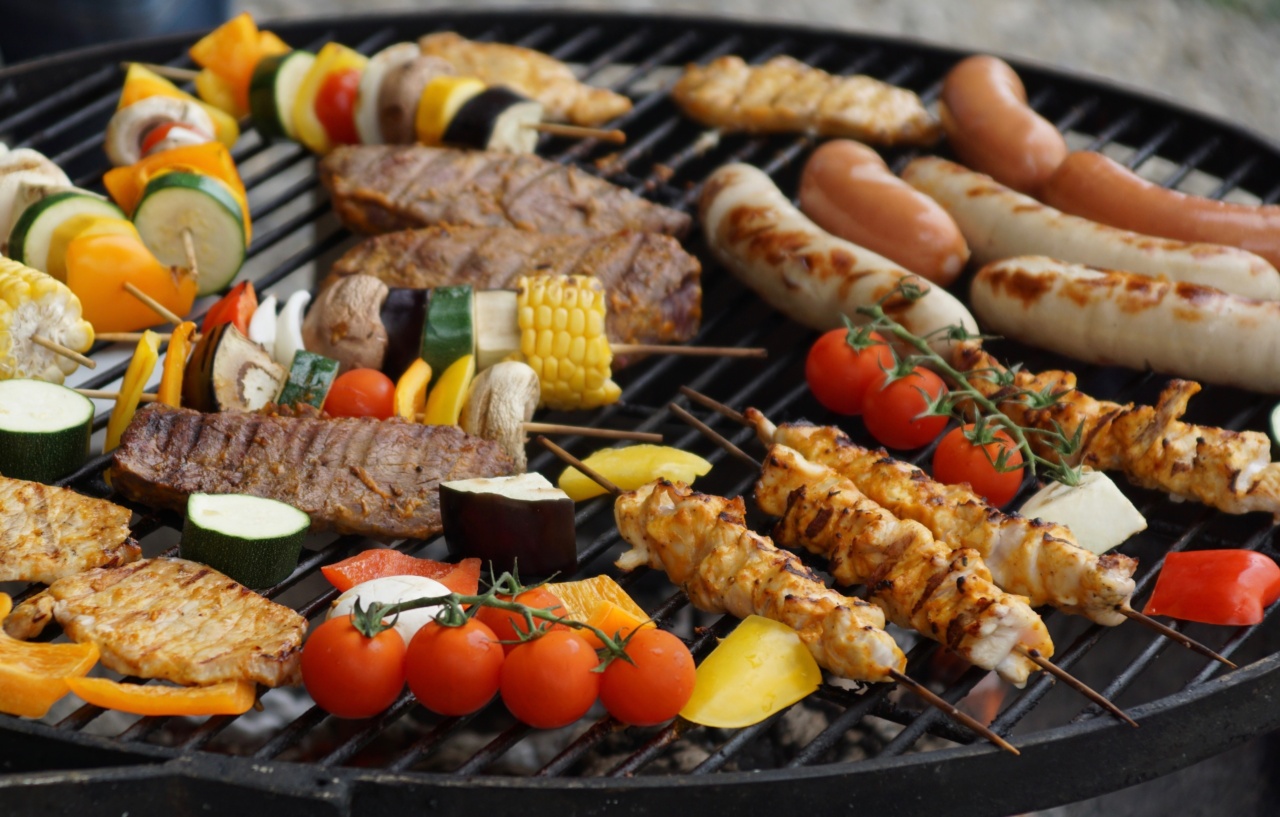Washing chicken before cooking is a common practice that many people believe helps to remove bacteria and make it healthier to eat.
However, this traditional method can actually increase the risk of foodborne illness and cause cross-contamination in your kitchen.
Bacteria and cross-contamination
The main reason why washing chicken before cooking is not recommended is because of the risk of spreading bacteria. When you rinse raw chicken, you create splashing that can spread harmful microorganisms to surfaces, utensils, and even to your hands.
These bacteria include Salmonella, Campylobacter, and E. coli, which can cause severe diarrhea, fever, and other gastrointestinal symptoms.
Moreover, pathogens such as Salmonella are often found in the chicken’s guts and can contaminate the meat during processing. Washing the chicken will not eliminate all the bacteria, but it will rather increase their presence in your kitchen.
In fact, studies have shown that washing chicken can increase the risk of foodborne illness and lead to outbreaks.
The cooking process
The best way to ensure that your chicken is safe to eat is by cooking it at the right temperature. When chicken is cooked properly, the heat will kill all harmful microorganisms, including bacteria, viruses, and parasites.
Therefore, washing the chicken beforehand is unnecessary and can even increase the risk of bacterial contamination, which may survive the cooking process if the internal temperature is not high enough.
According to the U.S. Department of Agriculture Food Safety and Inspection Service (USDA FSIS), the minimum internal temperature for chicken is 165°F (74°C) to ensure that it’s fully cooked and safe to eat.
It’s essential to use a food thermometer to check the temperature and avoid guessing if the chicken is done or not.
Cleaning and sanitation
To reduce the risk of cross-contamination and bacterial growth in your kitchen, it’s essential to follow good cleaning and sanitation practices.
This includes washing your hands before and after handling chicken, disinfecting surfaces and utensils that come into contact with raw meat, and avoiding contact between raw and cooked foods.
It’s also important to avoid thawing chicken at room temperature, as this can increase the risk of bacterial growth. The safest way to thaw frozen chicken is by using the refrigerator, cold water, or the microwave.
Summary
In conclusion, washing chicken before cooking is not a safe or effective way to remove bacteria and can increase the risk of foodborne illness.
Instead, focus on cooking the chicken properly and following good hygiene and sanitation practices in your kitchen. By doing so, you’ll ensure that you and your family can enjoy a delicious and safe meal without compromising your health.





























